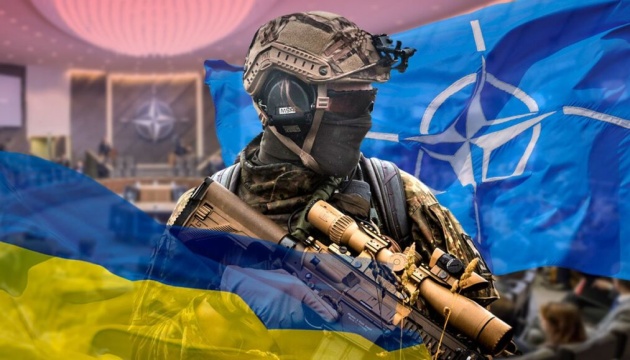Lawyer
Legal mechanisms to protect private property rights for individuals who have been persecuted for their political views
Protection of private property rights is an important aspect of the legal system of any country. This issue is especially acute for persons who have been persecuted because of their political views. Legal mechanisms for the protection of such persons include the consultation of a lawyer, the analysis of documents, the preparation of a legal opinion and the legal opinion of a lawyer.
Consultation of a lawyer
The first step in the process of protecting private property rights is consulting a lawyer. At this stage, the lawyer collects information about the circumstances of the persecution, studies the client's situation and determines possible violations of his rights. Counseling may include explaining the client's rights, as well as providing recommendations for further action, such as contacting law enforcement or the court.
Analysis of documents
The next step is document analysis. The lawyer carefully checks all documents related to the case: certificates of ownership, contracts, acts of acceptance and transfer, correspondence with state authorities, court decisions and other documents. The purpose of the analysis is to identify the legal grounds for protecting the client's property rights and to gather evidence for further actions.
Legal opinion
After analyzing the documents, the lawyer prepares a legal opinion. This document presents the results of the analysis, describes the violations of private property rights, and suggests specific legal actions to restore them. A legal opinion can become the basis for going to court, filing complaints with law enforcement agencies or international bodies.
Legal opinion of the lawyer
A lawyer's legal opinion is a key document in the process of protecting private property rights. It contains a detailed analysis of the legal norms that have been violated and defines a defense strategy. In cases of persecution due to political views, a lawyer can refer to international documents such as the European Convention on Human Rights, the Universal Declaration of Human Rights and other acts that guarantee the right to private property.
Practical aspects of protection of private property rights
Restoring the right to ownership through the court: The main mechanism for protecting the rights to private property is to go to court. A lawyer prepares and submits a statement of claim, in which he demands recognition of the right of ownership, compensation for damages or the return of illegally alienated property. A trial may include reviewing evidence, hearing witnesses and experts, and making a decision in favor of the client.
Filing complaints to law enforcement agencies: In case of illegal seizure of property or other violations of property rights, a lawyer can file a complaint with law enforcement agencies. This may include contacting the police, the prosecutor's office or other relevant bodies to investigate and bring the perpetrators to justice.
International protection of rights: If national protection mechanisms are ineffective, the lawyer can turn to international human rights organizations, such as the European Court of Human Rights, the United Nations or other international bodies. This includes preparing and submitting complaints, providing evidence of violations and participating in international proceedings.
Mediation and Alternative Dispute Resolution: In some cases, alternative dispute resolution methods such as mediation may be used to restore ownership. A lawyer can represent the client's interests in the negotiation process, which will contribute to reaching a compromise solution without a trial.
Conclusion
Protecting private property rights for individuals who have been persecuted for their political views is a complex and multifaceted process. It requires high professionalism of a lawyer, careful analysis of documents, preparation of well-founded legal opinions and effective use of legal mechanisms. Each stage of this process, from consulting a lawyer to preparing a legal opinion of a lawyer, is an important step towards restoring violated rights and ensuring justice for victims.

































